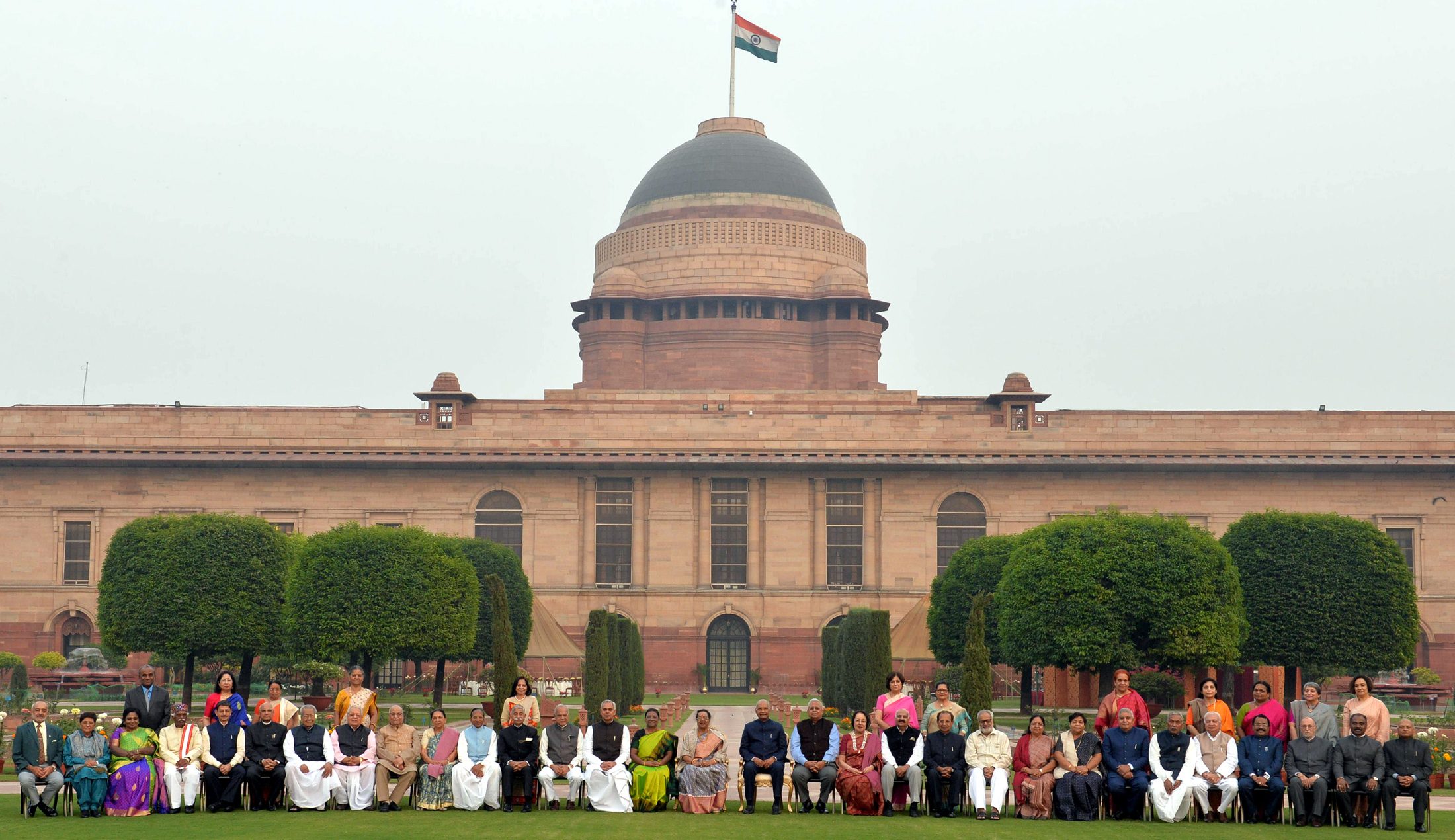- By now, it is evident that the gubernatorial position is more of a post-retirement sop for old politicians irrespective of party affiliations readily prepared to do the bidding of the ruling dispensation at the center. There are several instances on record when the governor of a state has discharged his/her responsibilities in line with the central government diktat. Despite being more of a ceremonial position but constitutionally mandated one to ensure smooth functioning of the democratic form of governance, the incumbents occupying the positions are known to essay obstructionist roles more often courtesy of political compulsions. One such instance was recently noticed in Tamil Nadu in the assassination case of former Prime Minister Rajiv Gandhi.

PC: Wikipedia
- The case involved AG Perarivalan, a 51-year-old life convict serving his 31st year in jail for his involvement in the assassination case. Setting at liberty Perarivalan, the Supreme Court verdict should be a seminal one largely owing to the circumstances surrounding the high-profile case. More so when successive state governments in Tamil Nadu batted for the release while central governments resisted it at every available judicial forum, and even made the state’s governors exhaust extraneous options to defeat the possibility. Remember, Perarivalan, along with two others, would have been executed in at TN jail on September 09, 2011, had Madras high court not stayed his execution just a week before the hanging.
- For this reason alone, the SC verdict ordering his release forthwith marks a seminal judicial moment. Understandably, the top court had to balance the sovereign executive power of state governments to grant pardons, remissions, or commute sentences, with the constitutional remit of a governor. Note that the TN cabinet recommended the premature release of Pererivalan in 2018 by requesting the state governor to invoke his power under Article 161 of the Constitution to approve it. Yes, the Constitution was crystal clear about the binding nature of the decision. However, reason best known to the governor, it was kept pending for about two and a half years, and then made a reference to the President.

PC: CivilHindiPedia
- No wonder, the SC decision faulted the TN governor’s interpretation of the Constitution and the statute on four main points. First, the law is well-settled that the state cabinet’s advice is binding on the governor in exercising powers of remission under Article 161. Second, the governor not exercising these powers or causing an inexplicable delay in exercising them is subject to judicial review. Third, the governor’s reference to the cabinet recommendation later is without constitutional backing. Fourth, the reference to the President was incorrect as no express executive power is conferred on the Union Government by the Constitution (or laws made by Parliament) to supersede the state government’s Article 161 power in IP 302 cases. Thus, the SC has removed some ambiguity in the scope of a governor’s power with the instant verdict.





